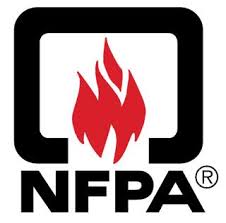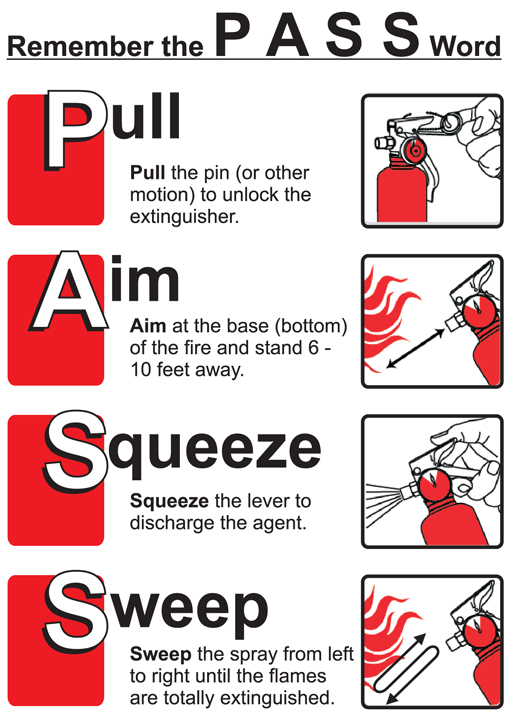Fire Prevention Week in October
Every year, October brings with it a very important and critical consideration: fire prevention. October is National Fire Prevention Month, with the National Fire Protection Association (NFPA)—along with most fire departments—leading the month with Fire Prevention Week, usually held in the second week of October.
October’s Fire Prevention Week is usually an opportunity to revisit fire prevention measures throughout a company’s processes. The NFPA heavily promotes checking all fire safety measures, with the most important being smoke alarms. Fire Prevention Week is the perfect time to make sure that all smoke alarms are in peak working condition, being able to operate perfectly in the event excess smoke or worse, an actual fire.
Fox Valley during Fire Prevention Month
At Fox Valley Fire & Safety, we take Fire Prevention Month very seriously. Every October, our company takes this opportunity to discuss general fire safety both internally and as a reminder to our customers. We do this by publishing a “Fox Eye On Safety” newsletter where we list important review points to ensure the utmost safety in the event of a fire.
Smoke Alarms and CO Detectors
While fire alarm systems and sprinkler systems protect you at both work and play, we want to make sure you are protected at home as well. Smoke alarms in your home are critical safety measures that provides incomparable protection by warning you early enough to take the necessary precautions. As part of Fire Prevention Month, we would like to present the following smoke alarm tips:
- Smoke alarms should be installed on every level of your home, especially near kitchen areas and hallways. They should be also installed in every bedroom.
- Based on the size of your home, you may need to install multiple smoke alarms on every floor.
- Test all smoke alarms at least once a month. You can do this yourself by pressing the test button to make sure the alarm works. If your smoke alarms are wired together, holding the test button on one alarm will test all the smoke alarms at one time.
- Replace batteries in smoke alarms twice a year. A good reminder is to change the batteries when the time changes in the spring and fall. This includes those alarms wired directly into your ceiling. These should also be changed as the battery will operate the smoke alarm during a power outage.
- Replace smoke alarms every 8-10 years.
We’ve previously featured the basics of carbon monoxide (CO) detection. CO is an odorless and colorless gas, and CO detectors are legally required to be installed in every home. These should be checked monthly, and batteries should be replaced at the same time as smoke alarms. CO detectors should be replaced every 5-7 years.
Fire Extinguisher Review
Just like smoke alarms and CO detectors, fire extinguishers play a critical role in fire prevention. There is a separate type of fire extinguisher for every type of fire. The NFPA categorizes these in the following classes of fire:
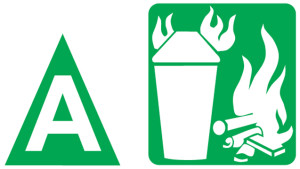
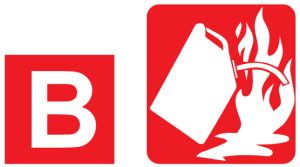
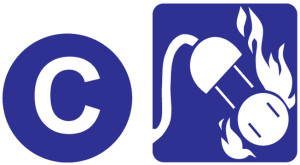
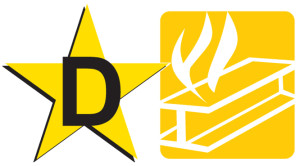
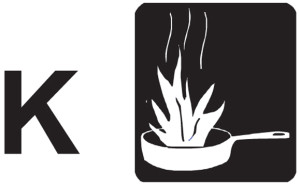
A good home extinguisher is an ABC class that extinguishes all three classifications of fires. Your offices or work place should have working fire extinguishers that are selected and installed based on the class of fire that may occur. In the event of a fire, the method for using fire extinguishers is given the acronym PASS.
If you still have questions about fire prevention, feel free to contact one of our expert representatives.
And of course, practice fire safety all year long.


